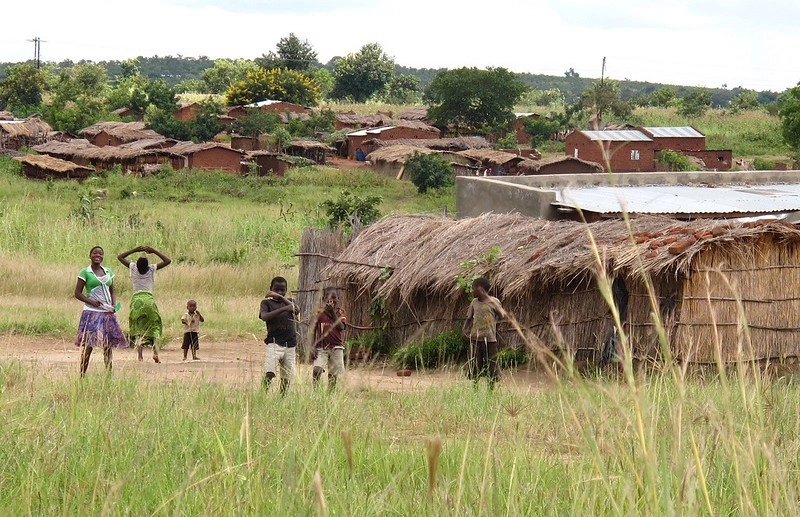A new international partnership launched today between WorldPop at the University of Southampton and the UK Office for National Statistics (ONS) is set to support the National Statistics Office (NSO) of Malawi in planning its 2028 national census, by introducing innovative, automated mapping methods that significantly reduce cost and effort.
At the heart of the Foreign and Commonwealth Development Office (FCDO) funded initiative is WorldPop’s geospatial expertise, which will play a leading role in the newly launched Malawi Automated Census Enumeration Areas Project. The goal is to replace time-consuming manual mapping with automated, data-driven approaches that allow for more accurate and efficient census preparation, even in the face of limited funding.
WorldPop is providing a customised population modelling solution that integrates three key data sources: digitised 2018 census data, up-to-date building footprint data, and recent representative household survey data. This method was chosen by Malawi’s NSO for its ability to produce reliable, detailed estimates of population and households, broken down by age and sex, which are critical for census planning and operational decision-making.
A key tool in this effort is WorldPop’s preEA Tool, which will be used to automatically update enumeration areas (EAs) across the country. Instead of manually mapping and updating all 18,000+ Enumeration Areas (EAs) as was done in previous censuses, Malawi will now adopt an automated and more efficient approach to update its census EAs.
In addition, the project aims to explore the feasibility of using advanced geospatial population modelling techniques as a potential alternative to conducting a full household listing across the country, which will significantly reduce the time, cost, and logistical burden of census preparation.
“This is about doing more with less,” said WorldPop project lead, Dr Sarchil Qader. “Our approach provides robust, validated population estimates without requiring a full household listing across the country. It’s a scalable solution with potential for wider use in similar settings.”
The project will roll out in two stages, beginning with data sharing and model development, followed by integration with the preEA Tool and validation by the NSO. WorldPop will also lead two in-country technical workshops to train NSO staff in using the tools and methods, ensuring local ownership and long-term sustainability.
The project not only offers a new way forward for Malawi’s 2028 census, it also positions WorldPop’s innovative methods as a model for efficient census planning worldwide.
Learn more
- Field Testing preEAs in the Democratic Republic of Congo (WorldPop case study)
Register for The Power of Population Data: Introducing WorldPop Global 2015–2030 (Eventbrite)




